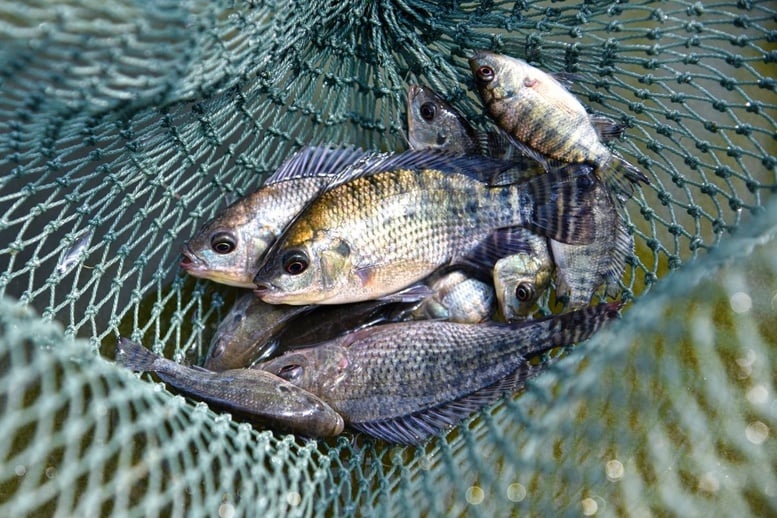
Vietnamese tilapia "re-exports" to Brazil - Illustrative photo
On May 5, the Vietnam Trade Office in Brazil said that on April 24, the Brazilian Official Gazette published a notice from the Brazilian Ministry of Agriculture and Livestock officially revoking the suspension of tilapia imports from Vietnam.
This is one of the earliest and most specific results achieved by the two sides in implementing the goals stated in the Action Plan for the 2025-2030 period, bringing the Strategic Partnership between the two countries to comprehensive and substantive development, actively contributing to the development cause as well as serving the interests of the people of the two countries.
Previously, in February 2024, the Brazilian Ministry of Agriculture and Livestock (MAPA) announced the temporary suspension of Vietnamese fish imports to re-evaluate the current health quarantine process due to the potential risk of infection with TiLV (Tilapia tilapinevirus) - a contagious and infectious disease in fish - in addition to industrial activities that were deemed "non-compliant with Brazilian health standards".
From November 2023 to February 2024, the Brazilian government issued 22 import licenses for tilapia fillets from Vietnam and denied two others. Only one shipment was cleared into Brazil in December 2023.
In a statement, the Brazilian Fish Industry Association (Abipesca) said MAPA's decision raises concerns for the national tilapia industry, which is facing high production costs and unfair competition from markets operating under conditions very different from Brazil's. The Brazilian Fish Farming Association (Peixe BR) also issued a statement, calling MAPA's decision "reckless."
In response to strong reactions and concerns from Brazilian associations that tilapia imports could affect the national seafood chain, the Brazilian government said that allowing tilapia imports was an "irreversible" decision, part of the government's negotiations in late March to open the Vietnamese beef market. Technically, the Brazilian Ministry of Agriculture and Livestock said that the announcement to lift the import suspension "does not affect the high standards of national health defense".
Based on the Import Risk Analysis (ARI) conducted following domestic industry alerts in 2024 regarding the potential introduction of TiLV through imports, MAPA concluded that the risk of importing tilapia fillets is negligible as the potential for exposure is considered negligible and for whole fish, the potential for exposure is very low and management measures are generally in place.
At the same time, MAPA said that in 2020, the procedure for establishing import health requirements applicable to the import of fresh, chilled or frozen fish and eviscerated fish from aquaculture for human consumption was updated. These requirements are based on technical principles and are harmonized with the guidelines of the Aquatic Animal Health Code of the World Organization for Animal Health.
The Vietnamese Trade Office in Brazil said that the next negotiations between the two sides will focus on completing the final technical steps for Brazil to allow the import of all types of pangasius fillets according to internationally recognized standards and practices. In return, Vietnam will open its doors to Brazilian beef products. Brazilian beef offal products and Vietnamese shrimp products of all kinds (including whole shrimp that have not been heat-treated) will continue to be negotiated in the coming time.
In the context of many fluctuations in the world situation and domestic exports needing to find alternative markets, opening the Brazilian market for pangasius products and being able to re-export tilapia products will bring many opportunities for seafood exporting enterprises, thereby contributing to increasing the overall export turnover, gradually balancing the trade balance and aiming to bring bilateral trade turnover to 15 billion USD by 2030.
Vu Phong
Source: https://baochinhphu.vn/brazil-do-bo-lenh-cam-nhap-khau-ca-ro-phi-cua-viet-nam-102250506153728419.htm



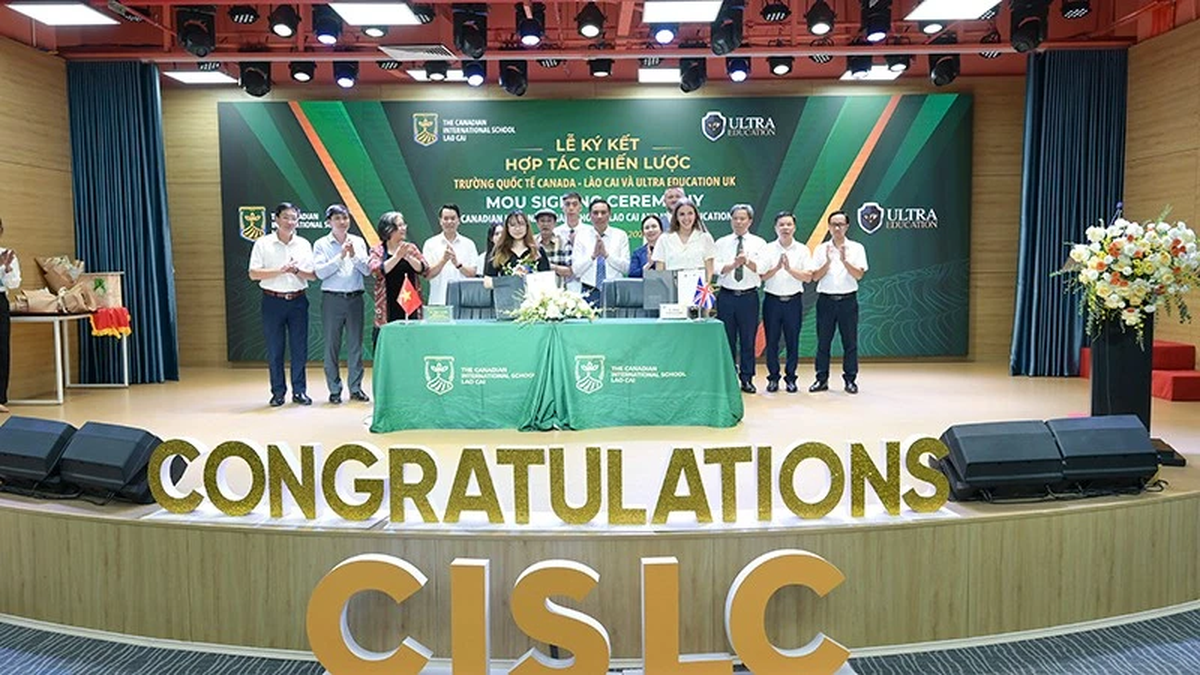
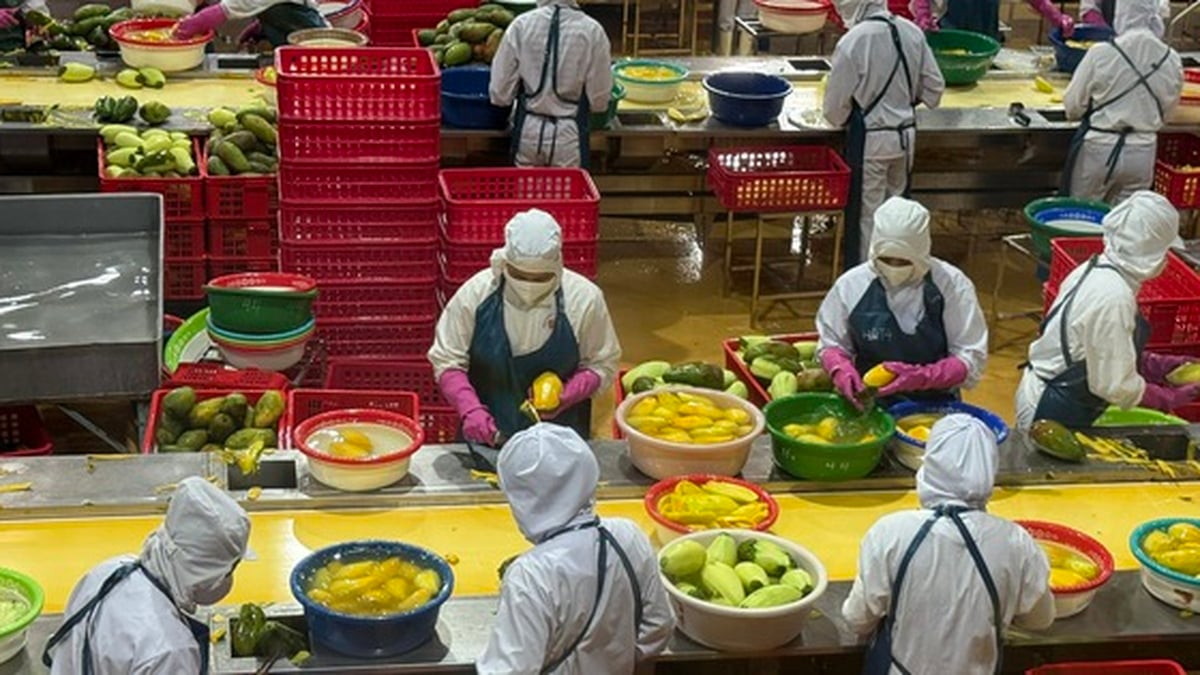

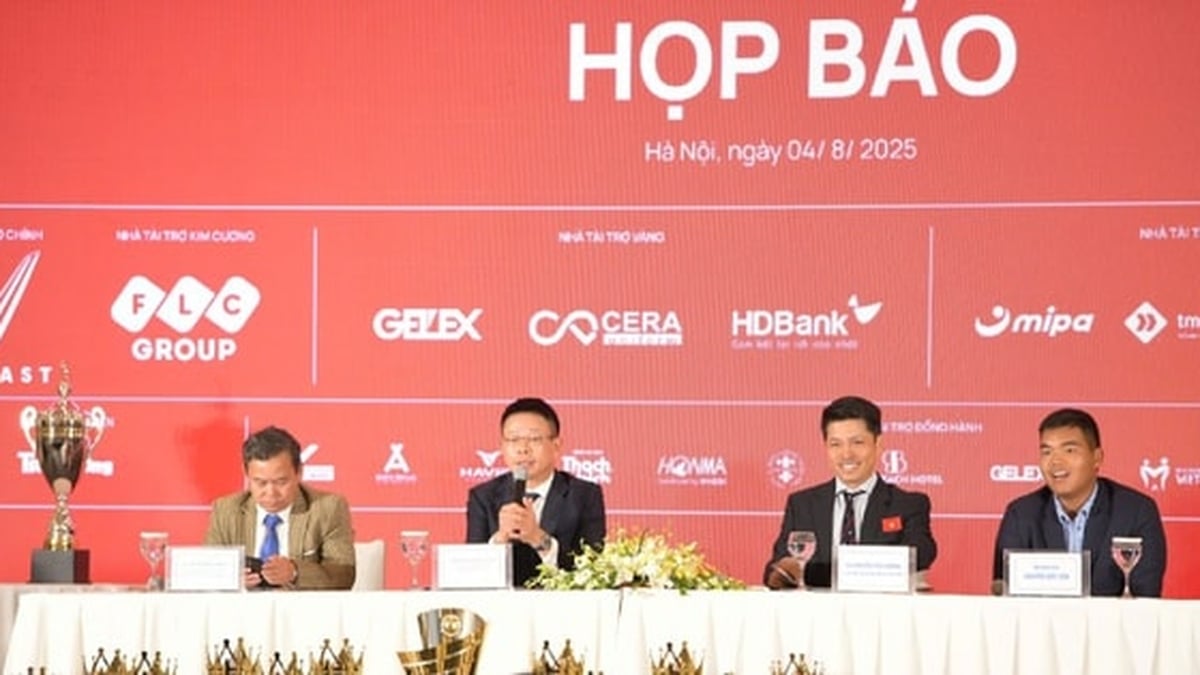

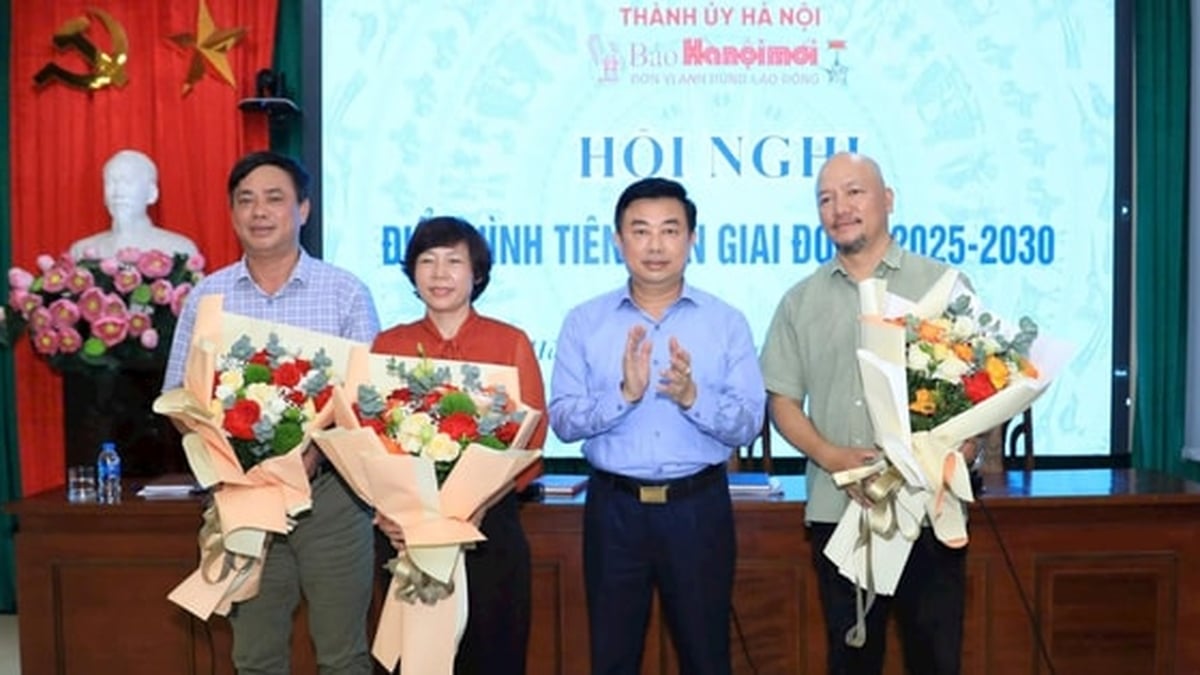
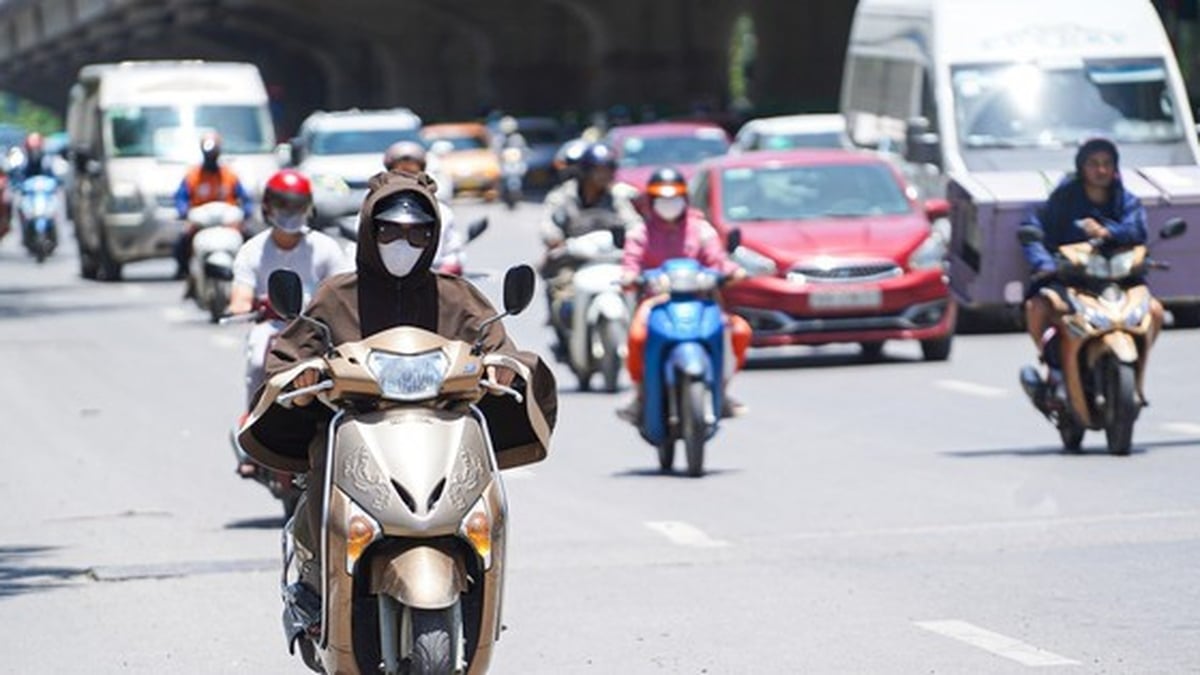
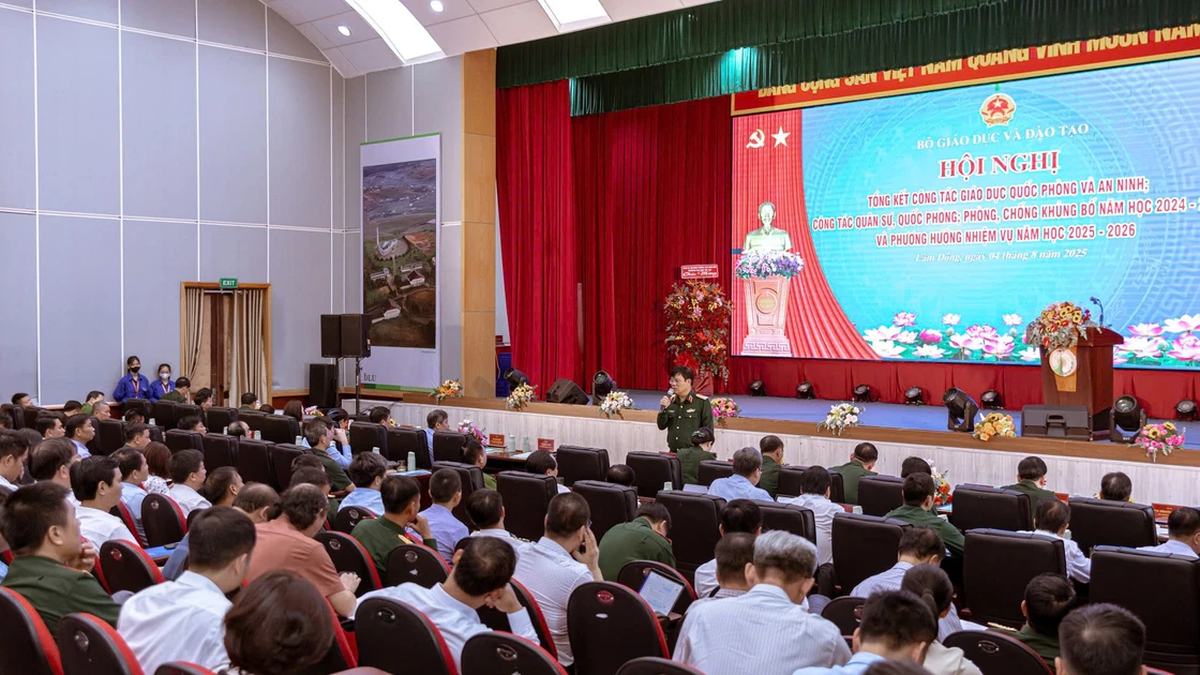
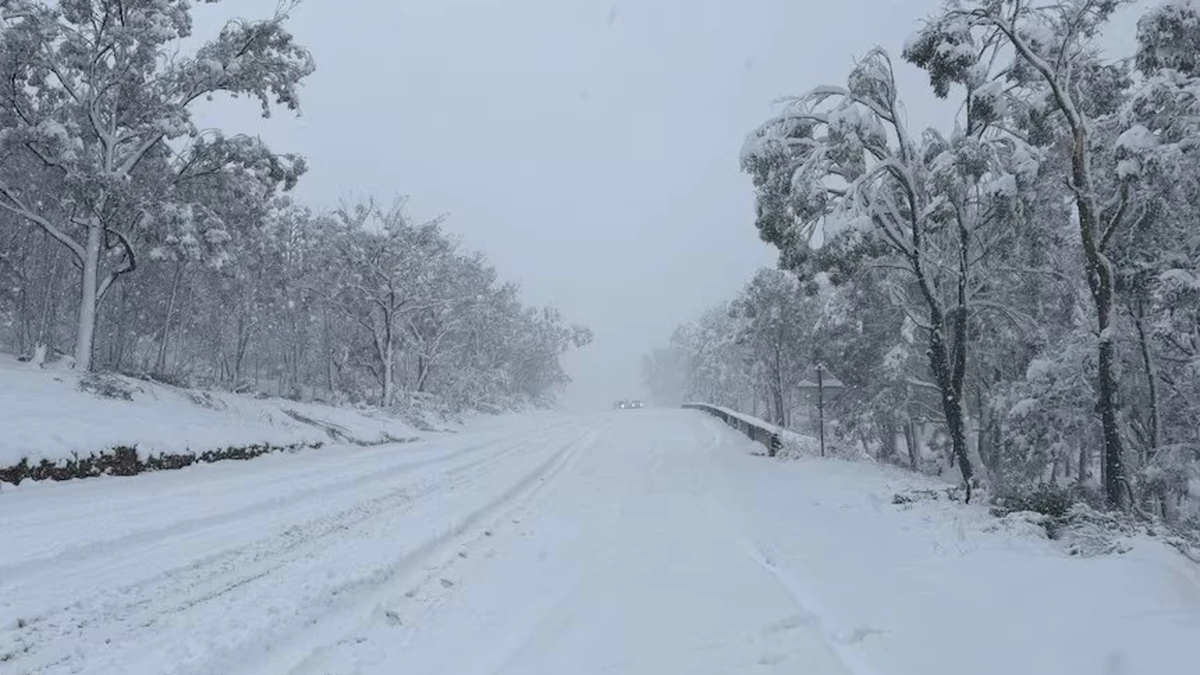










































![[Maritime News] Two Evergreen ships in a row: More than 50 containers fell into the sea](https://vphoto.vietnam.vn/thumb/402x226/vietnam/resource/IMAGE/2025/8/4/7c4aab5ced9d4b0e893092ffc2be8327)




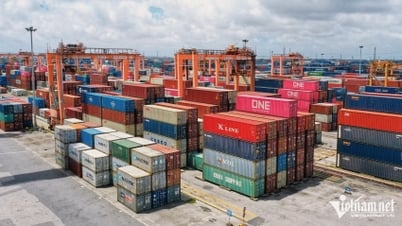


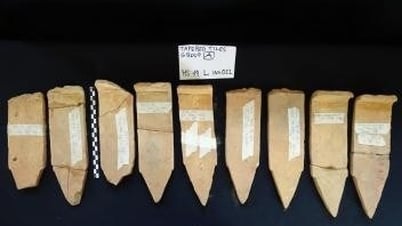










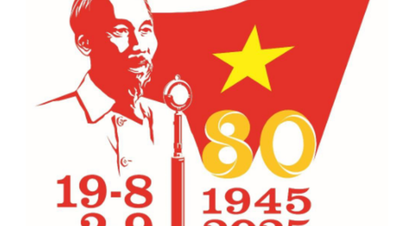





















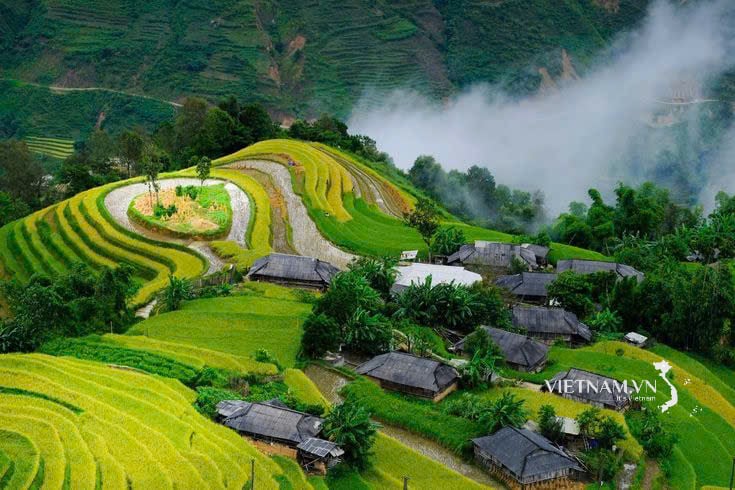
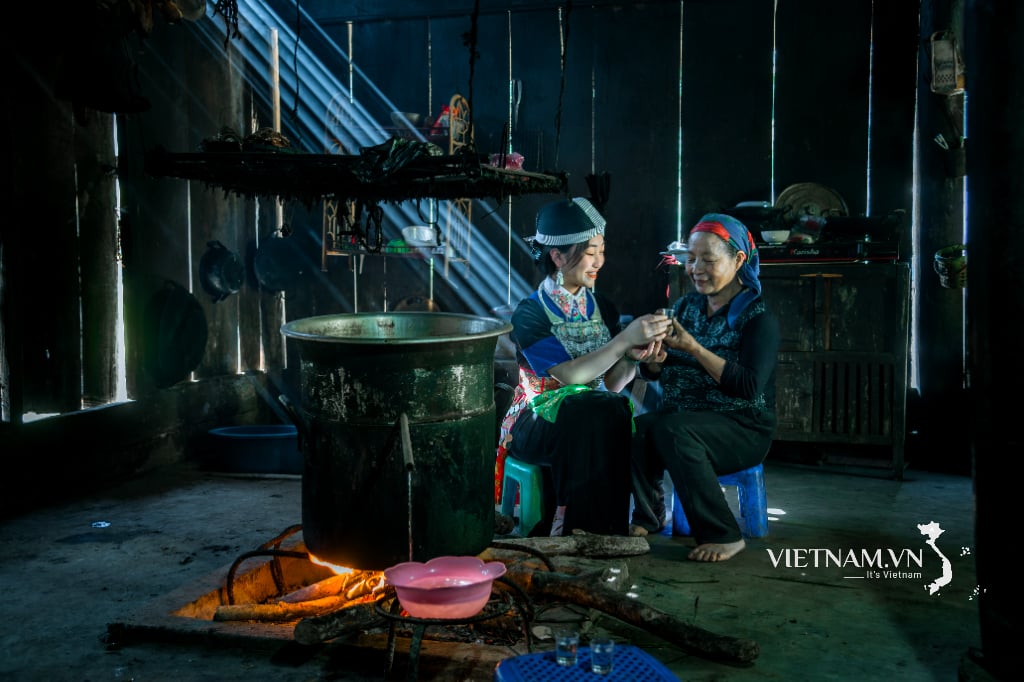


Comment (0)